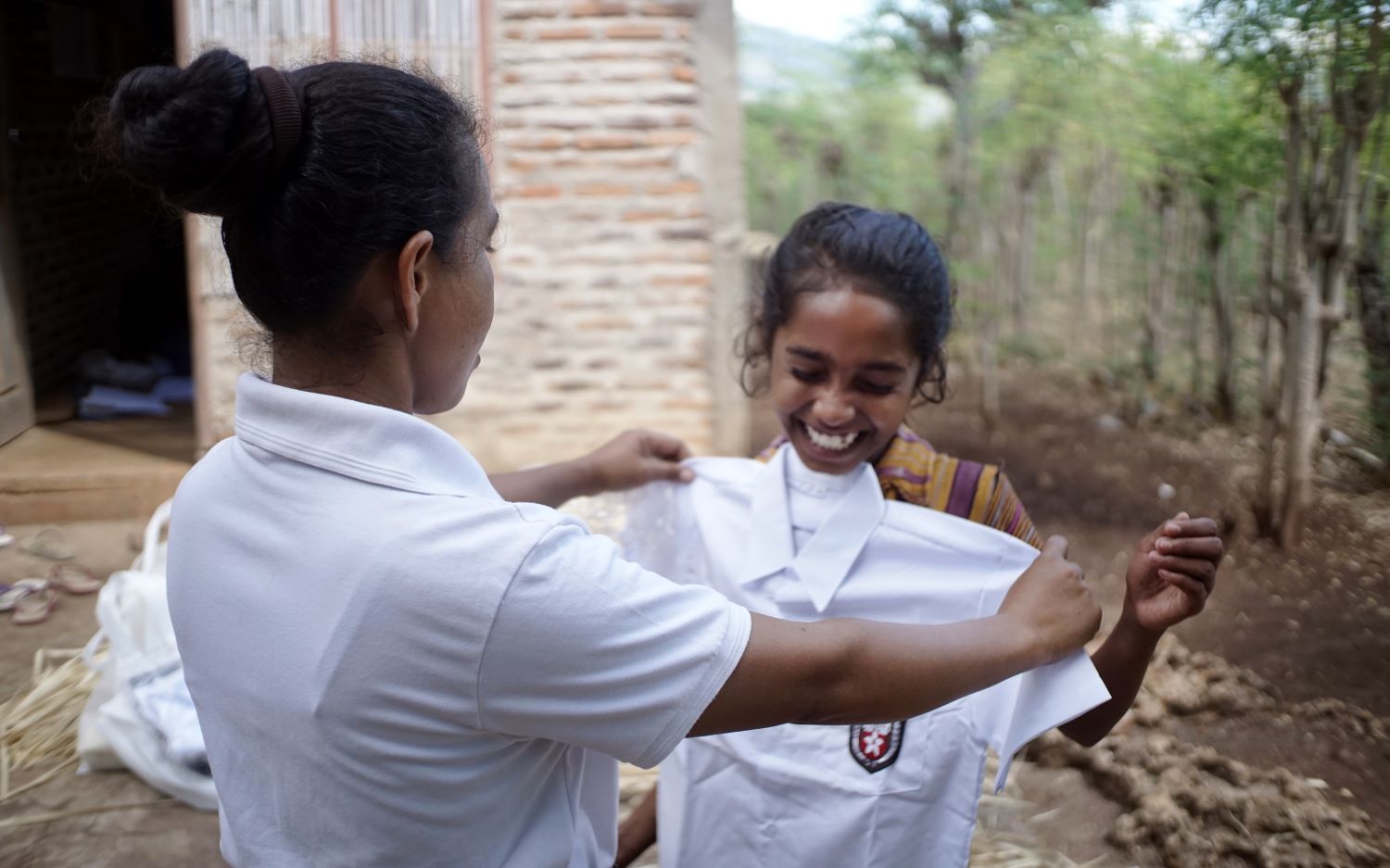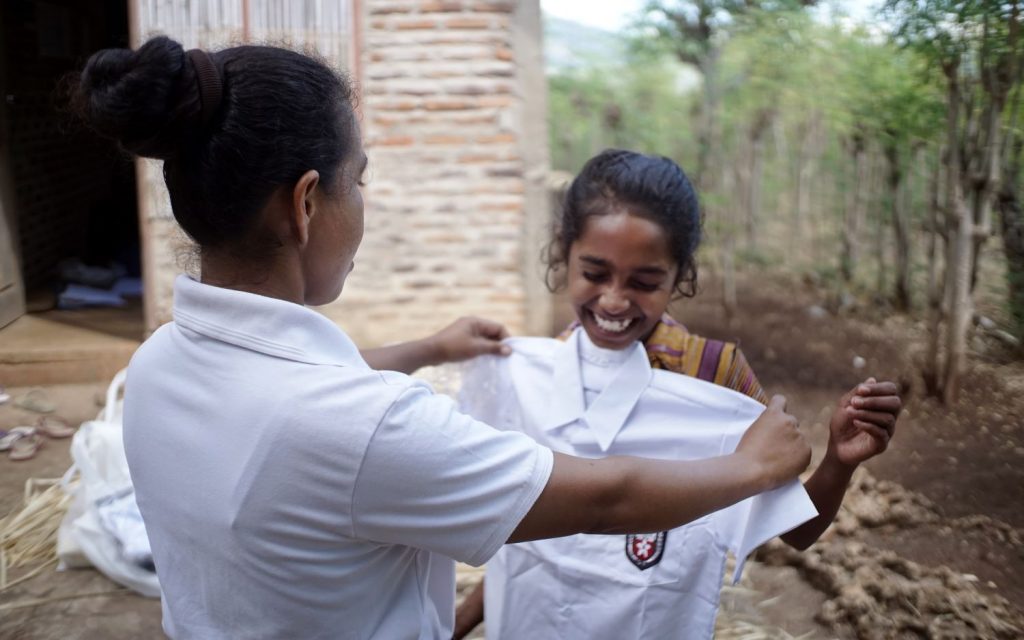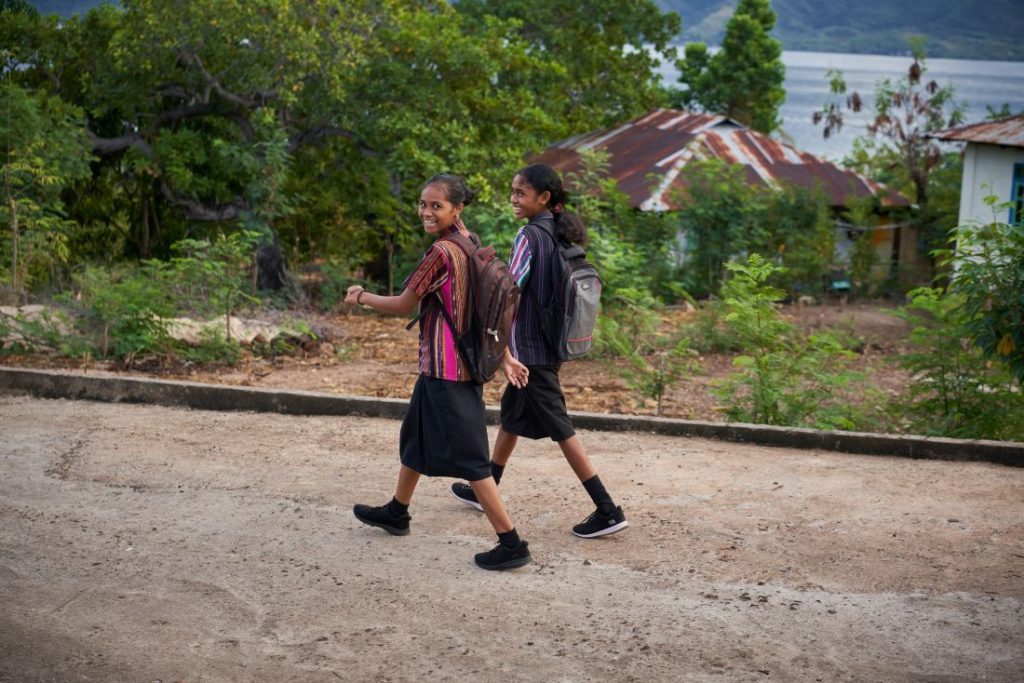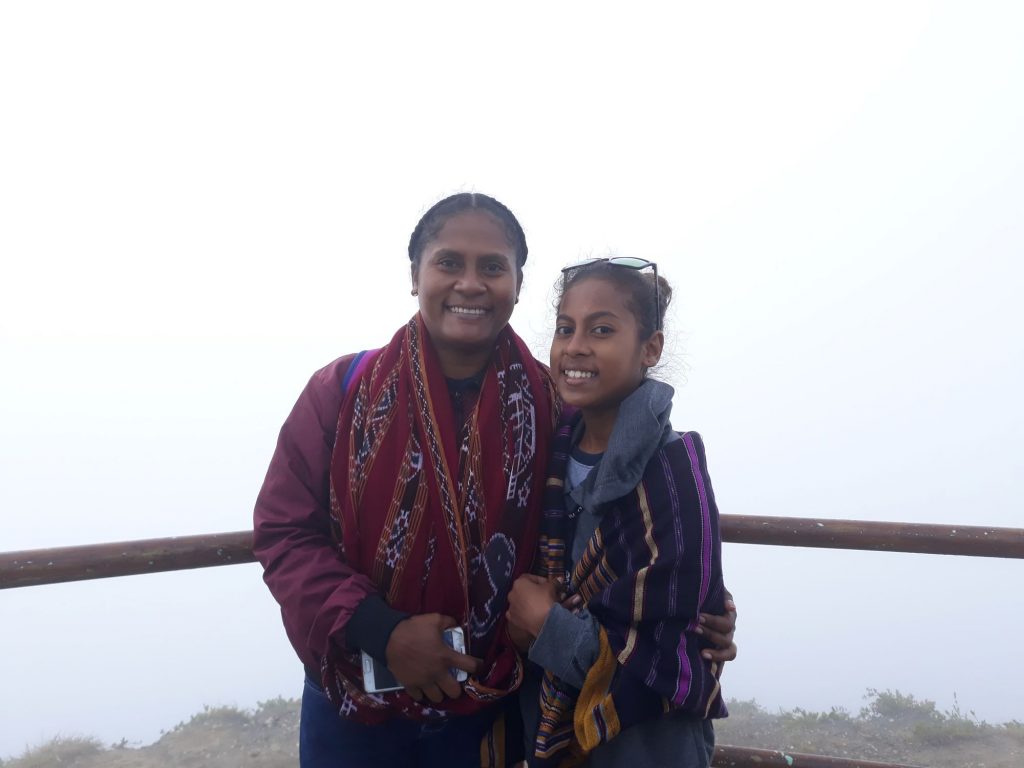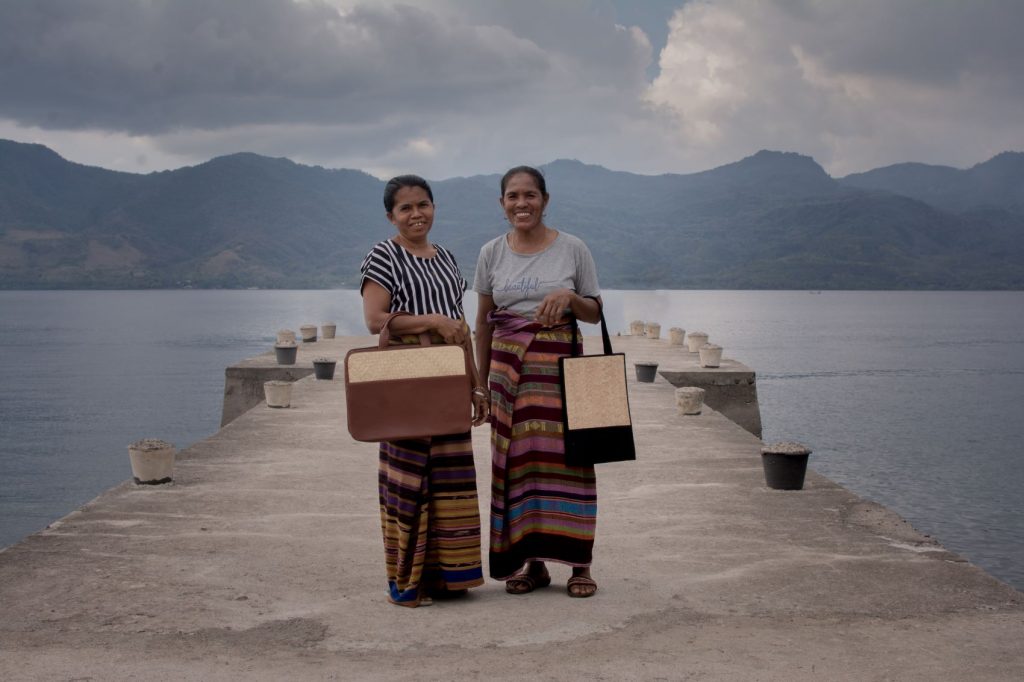Du Anyam is a social enterprise, an organization or business that has specific social objectives addressed through its business model. In our case, one of our core tenets is empowering women, and on a broader scope, empowering communities. By integrating weavers into the fabric of Du Anyam, we have been able to give back and encourage community and individual growth by promoting education initiatives in rural communities.
But why education? We believe that education is one of the best ways to break cycles of poverty, as having educational opportunities, especially higher education, often leads individuals to access more significant life opportunities, whether it be higher paying jobs, access to new technology, or learned skills that can be applied to the professional world. Especially in areas missing vital services like healthcare and teaching, promoting education increases the likelihood of people returning to their communities and helping out in some way to provide what a community needs. And especially in the villages in Flores where we are, we know that educational opportunities also have effects on reducing gender inequality by encouraging young girls to pursue their schooling and strive for higher education. That’s why education is a globally recognized solution to poverty, with a high correlation to community development.
This isn’t all hypothetical; we have seen direct results from our educational initiatives in the rural regions of Flores, Indonesia. Over the past few years, we have provided over 490 scholarships to children across 50 villages in Flores, ranging from primary school to university. Through these scholarships, we’ve seen a revitalization of interest in learning and education amongst these communities and greater growth in student commitment to their learning. But apart from students, we’ve also implemented educational initiatives in the weaver women that we work with. Focusing instead on technical and practical skills, we regularly host workshops to teach management, public speaking, technological literacy, and more, to open the door to more opportunities for the weavers we work with. Through these training programs, we’ve seen greater social mobility as women can access higher-paying and more technical jobs like field management, and we’ve also seen women share their views and stories in broadcast media through the empowerment of our public speaking program.
Regardless of what education looks like, promoting learning for all ages is critical for the development and growth of communities in Flores. The impact that we’ve made has been important, but it can be even bigger with your help. Look at Yanti Morro, a 30-year-old weaver turned field facilitator, who used Du Anyam’s technology workshops to gain technological literacy and use technology to become more efficient in management and expense-related roles. Or Sophia Odi Ani Ndae, a recipient of a long-term educational scholarship in 2017, aiming to return to her community in the future to teach impoverished children. These are just a few of the hundreds of success stories our education initiatives have aided in, and we know that the future is bright in Flores, with more scholarships and education programs down the road. To support women weavers across rural Indonesia, please visit Du Anyam here.

